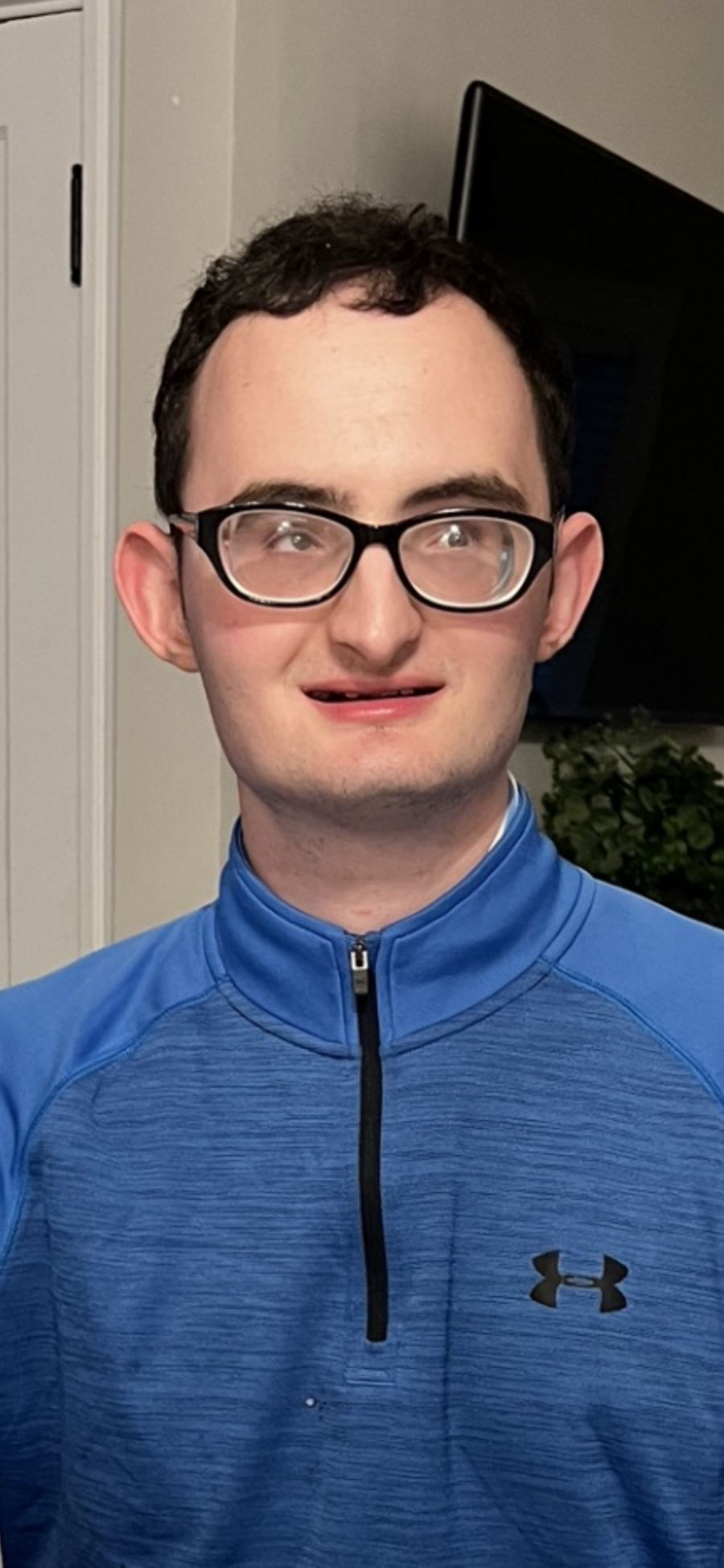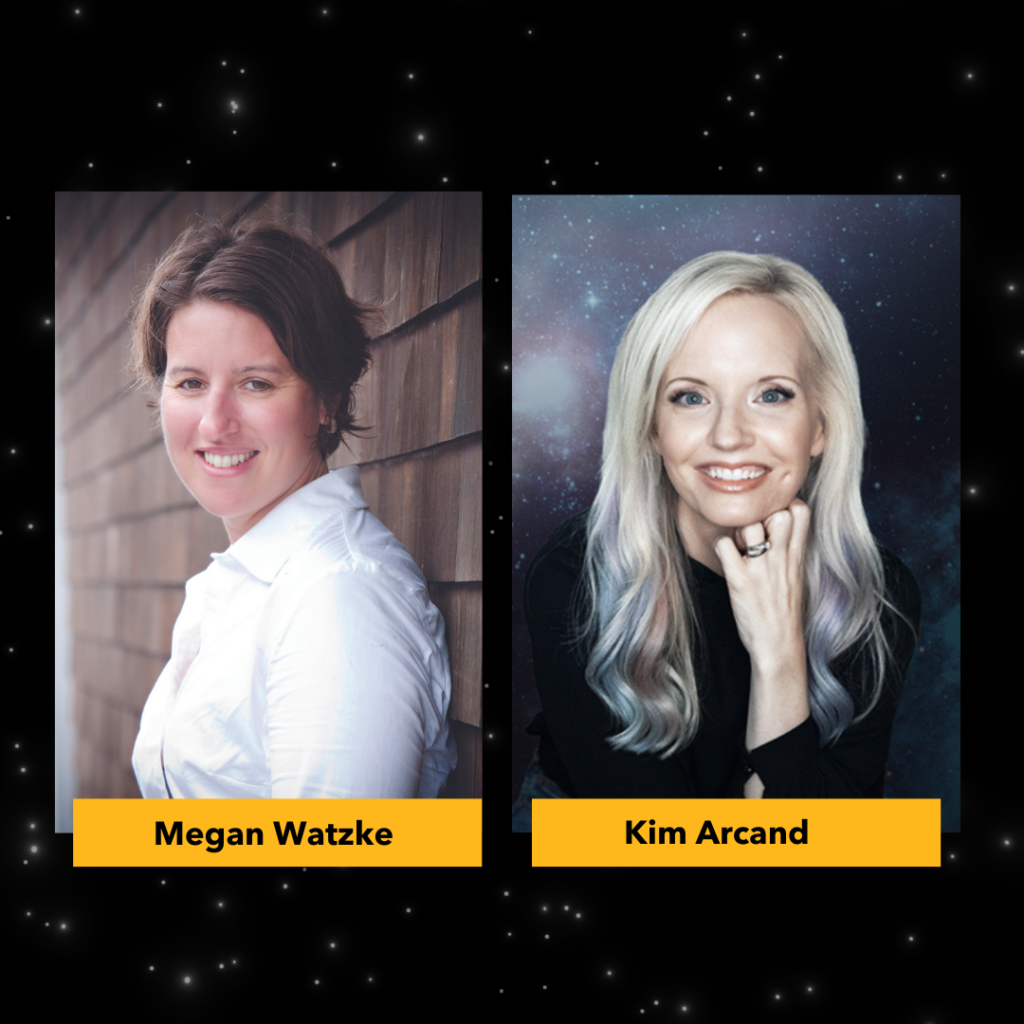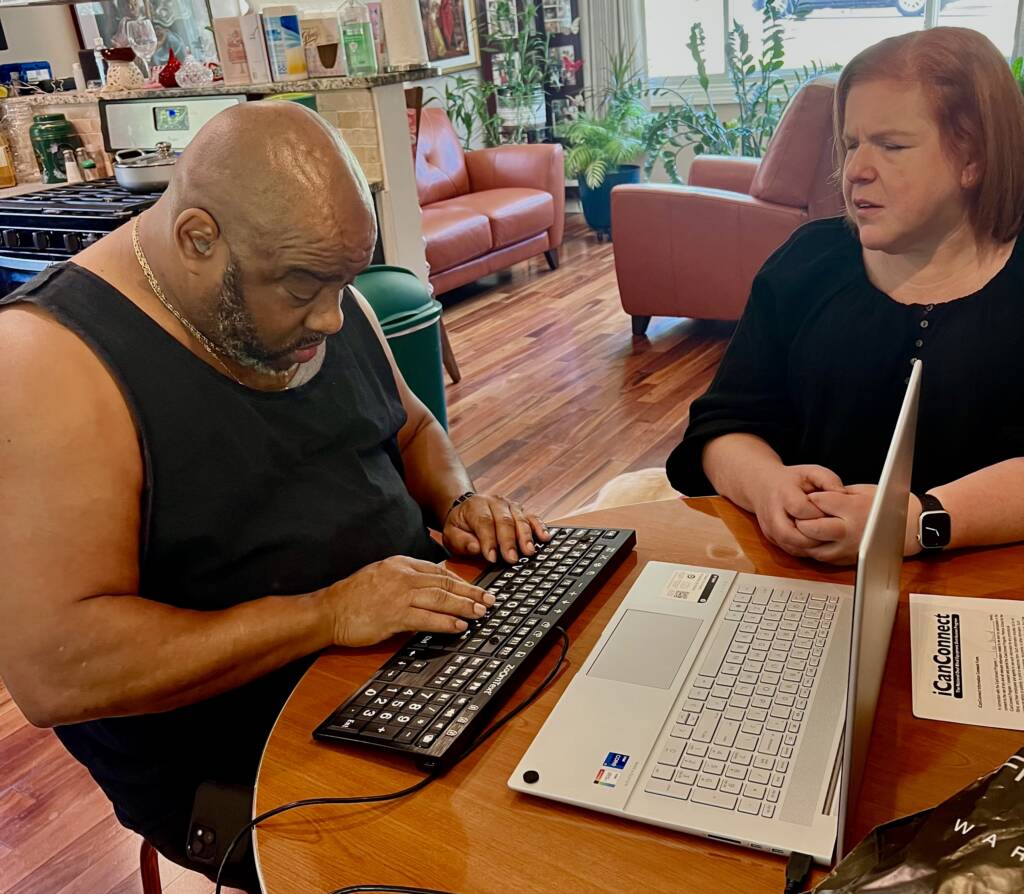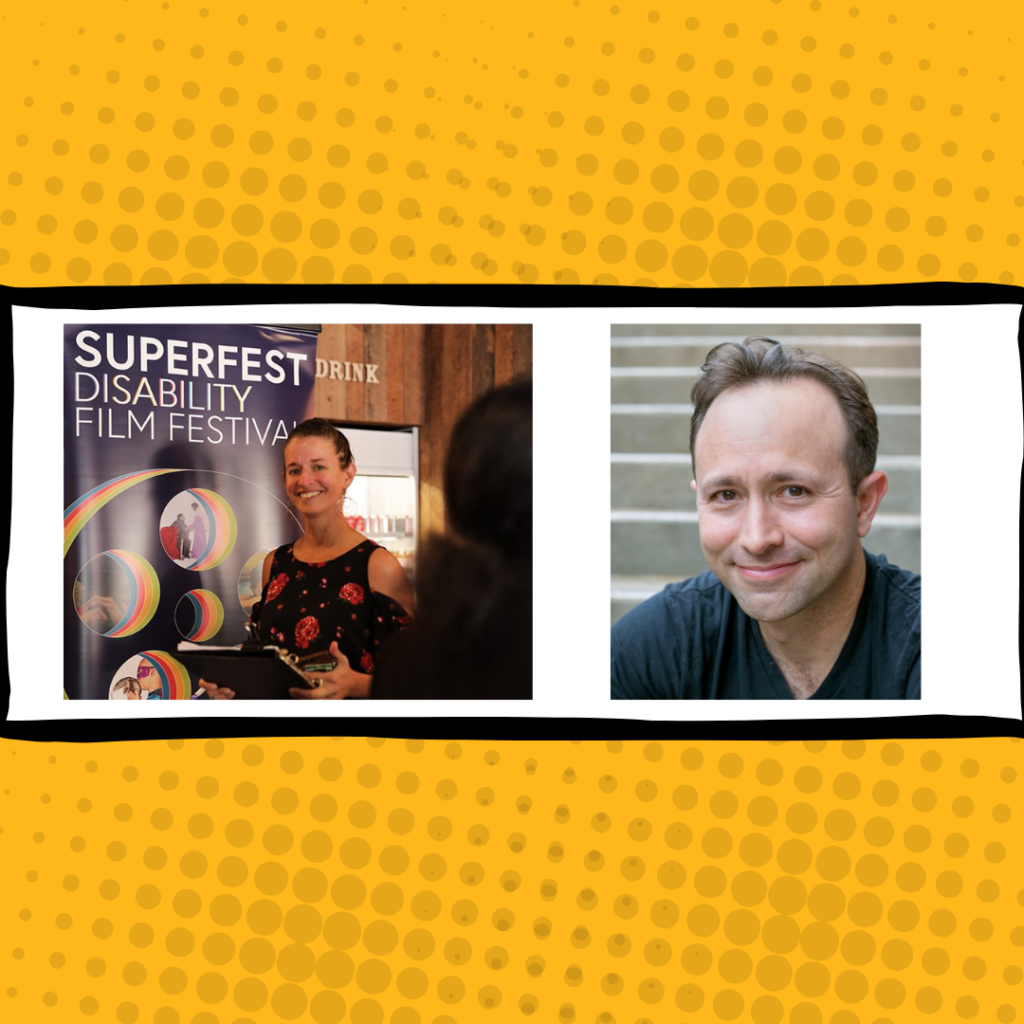Transitioning from high school to college is a hard task for anyone – living on your own, navigating a complex social scene, dealing with more rigorous classes, and the stress that comes with all of that. But when you add a vision impairment into all of that, college can seem almost unfathomable.
Luckily for me, I had a support system guiding me the whole way. This journey began years before I started college, when I decided to attend a private high school – one that had only had one vision impaired student before me.
Naturally, this situation gave me a crash course in self-advocacy that most disabled students don’t get until they leave high school. Because I could only receive vision services outside of school, I had to be my own advocate for all my academic needs – any accommodation that I needed had to be directly communicated with my teachers.
However, it was this approach that set me up for college success. My academic transition was nearly seamless – adjusting to the harder workload of my classes was a breeze because I didn’t also have the hurdle of navigating disability services for the first time to get through, and I finished off the semester on the Dean’s List.
Navigating the social scene
Despite my success academically, my social transition to college was much more challenging.
As someone who has struggled to make friends his whole life, I knew it wasn’t going to be an easy ride trying to find my people while navigating a new community of five thousand strangers.
I tried a number of different avenues my freshman year — fraternity recruitment (twice), joining different clubs, connecting with people in my dorm – and yet nothing seemed to immediately work out.
I did gain numerous acquaintances in the process and was able to learn a lot about my social skills in the process, but few “true” friends came out of it – people who would enjoy talking to me just as much as I enjoyed talking to them, people who genuinely wanted to be around me and weren’t just doing it to make themselves look or feel good, and people I could truly lean on without feeling like a pushover.
It wasn’t uncommon for me to hear about people knowing me as “the blind kid” rather than by my name, and it did seem like people felt awkward around me – not just because I am naturally awkward, but also because I’m one of only four people on campus who are vision impaired, and they may feel awkward interacting with me as a result.
Even now, it’s not uncommon for people to be hesitant or audibly uncomfortable when asking me questions about my sight, to the point where it’s become one of my biggest pet peeves.
Opportunities abound in activism and employment
With that all being said, college has also provided me with many opportunities to really own my disability.
As a freshman, I was able to join Merrimack’s chapter of DREAM — Disability Rights, Education, Activism and Mentorship. I served as the publicist for the organization, creating social media posts and flyers around campus.
I also became a member of the student government’s diversity committee in my first semester, and have worked on numerous projects within the committee focused on accessibility and visibility of disabled students. In particular, I worked with Accessibility Services to create a campus paratransit service so that disabled students on campus can get door to door transportation to appointments and businesses in the area.
As a sophomore, I became involved with the college’s diversity, equity and inclusion efforts by contributing to several student panels on DEI to the incoming freshman class. Through these efforts, I have helped to open up tough conversations about the way disabled students are seen on campus, and treated in and out of the classroom.
Finally, I became a frequent visitor of the career center on campus, which over two years, helped me turn my paranoia about unemployment (stemming from the large rate of unemployment among blind people) into a wonderful career path.
I pursued two internships during my sophomore year, as well as a campus job in my field of interest, and am currently interning in the Marketing department at Perkins School for the Blind.
So while my lack of social success in college continues to worry me, my academic and career successes have been very promising, and I’m optimistic that I will buck the unfortunate trend of many vision impaired hopefuls in the job market by getting on the path toward a well-paying job soon after graduation.
Overall, I’m happy with the successes I’ve had over the last two years.
About the author
Tom Geraci is a blind student from the Boston area, attending Merrimack College. He is a Communications Major concentrating in Public Relations, and has spent his time in college growing his connections academically, socially and professionally.
Outside of his coursework, he is an avid foodie, a DJ for on-campus events, and a member of several campus clubs and organizations. He is passionate about disability rights activism, and hopes to continue to advocate for disabled folks in community organizations in his post-college life.
You can connect with him on Instagram.



